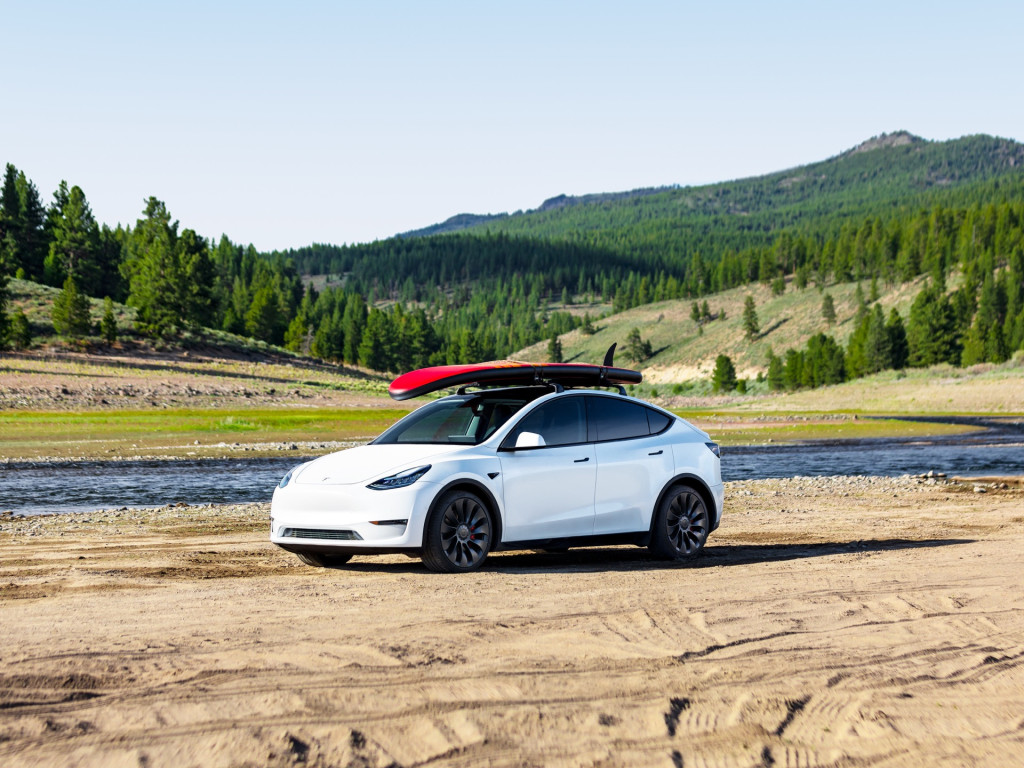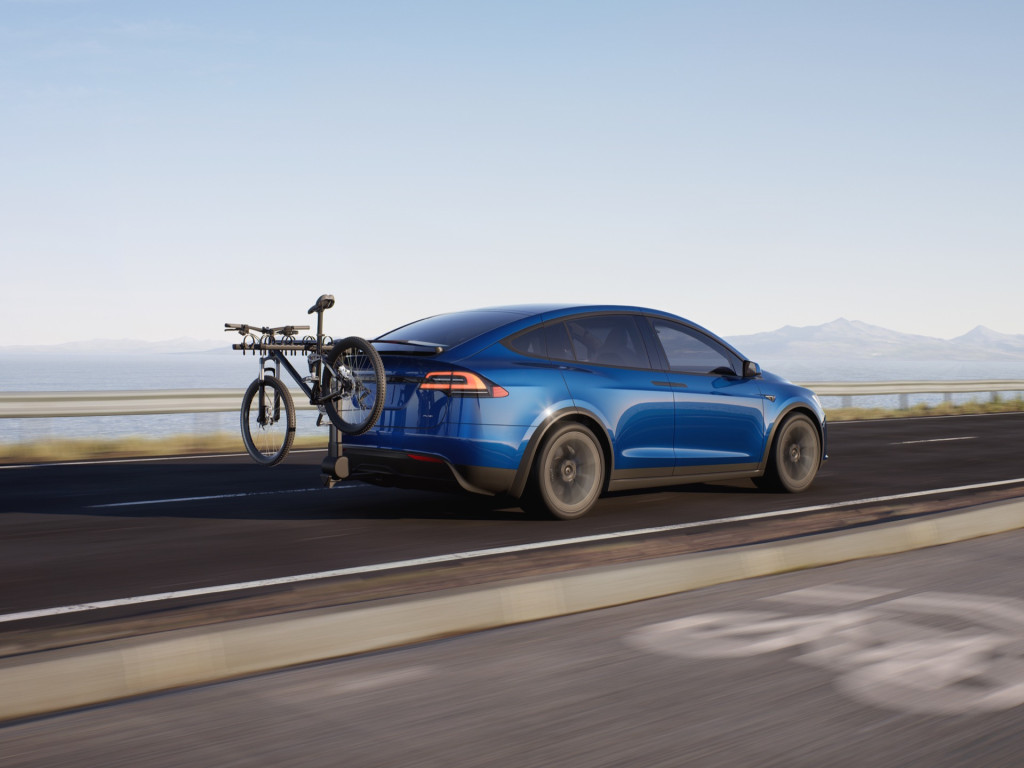Tesla is recalling 362,758 electric cars equipped with its Full Self-Driving (FSD) driver-assist system because the system could cause crashes.
Despite the name, Full Self-Driving does not enable autonomous driving. Based on the National Highway Traffic Safety Administration (NHTSA) recall documents, the system, which is still considered by Tesla to be in the “Beta” development stage, can in certain circumstances behave in ways that would be unacceptable for human drivers.
After analysis and testing, the NHTSA found that the Autosteer on City Streets function of the system “led to an unreasonable risk to motor vehicle safety based on insufficient adherence to traffic safety laws,” the agency said in a statement.
2023 Tesla Model 3
Tesla launched the voluntary recall “out of an abundance of caution” after discussions with the NHTSA. Affected vehicles include 2016-2023 Model S and Model X, 2017-2023 Model 3, and 2020-2023 Model Y vehicles equipped with FSD or pending installation of the feature.
The testing was done as part of an ongoing investigation opened June 8, 2022, in response to multiple instances of Tesla vehicles operating on Autopilot hitting emergency vehicles stopped on or at the side of roads. Autopilot is Tesla’s basic driver-assist system; FSD builds on it by adding features like automatic overtaking.

2023 Tesla Model Y – Courtesy of Tesla, Inc.
Tesla also advertises FSD as being able to react to traffic lights and stop signs, but in a recall notice, posted on its website, the NHTSA said the system may allow vehicles to enter stop-sign controlled intersections without coming to a full stop, proceed through steady yellow lights “without due caution,” and continue straight through an intersection from a turn-only lane. Note that Tesla previously recalled almost 54,000 vehicles in 2022 because FSD was found to disobey stop signs.
While the NHTSA investigation remains open, Tesla will have to meet its legal obligation to address these issues, the agency said. The automaker will release an over-the-air (OTA) software update free of charge as a fix. While this won’t require visits to service centers, Tesla will mail formal notification letters by April 15.

2023 Tesla Model X – Courtesy of Tesla, Inc.
According to the New York Times, the NHTSA is investigating 41 crashes involved FSD and Autopilot that have led to 19 fatalities. For its part, Tesla has identified warranty claims in relation to the issue.
Tesla started offering FSD as a hardware package in 2016. CEO Elon Musk has claimed software updates would unlock true self-driving capability, saying at the time that he expected a Tesla to be able to travel from Los Angeles to New York “without the need for a single touch” of the steering wheel as soon as 2017.
That never happened, although Tesla has continued to offer the system in unfinished “Beta” form, gradually hiking the price from $5,000 in 2016 (when it was only offered to select customers) to $15,000 today.
This practice is now getting more scrutiny from regulators. In 2021, National Transportation Safety Board (NTSB) chair Jennifer Homendy called the Full Self-Driving label “misleading and irresponsible,” while California has since moved to make it illegal. Last month Tesla was subpoenaed by the Justice Department for FSD, although the company said it was unaware of any ongoing investigation.
